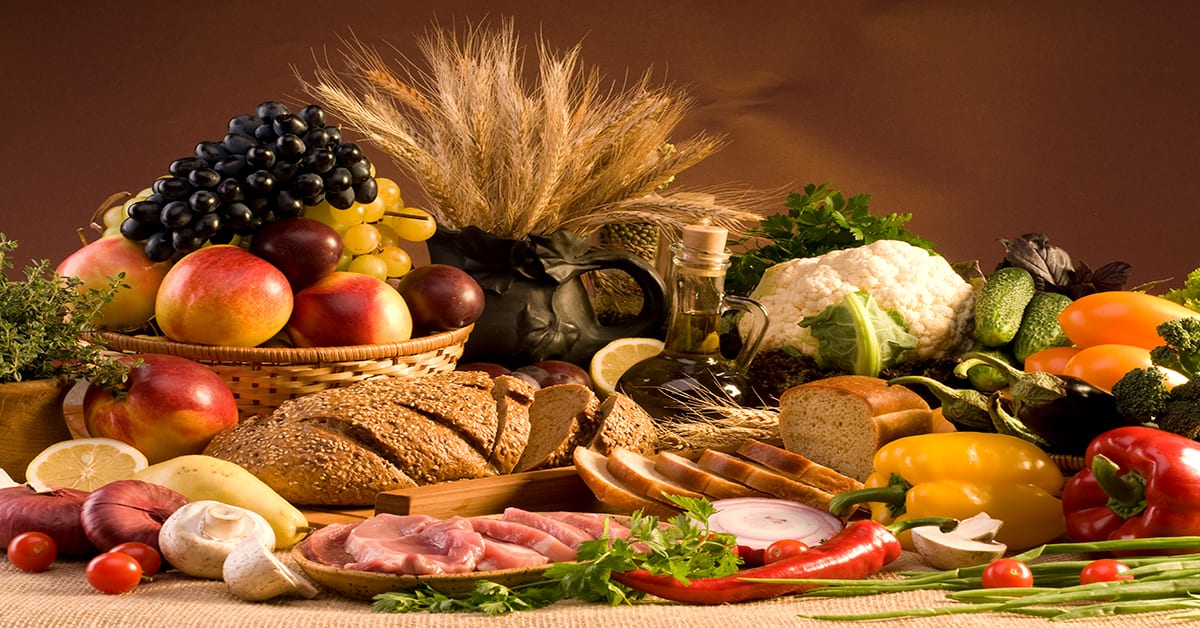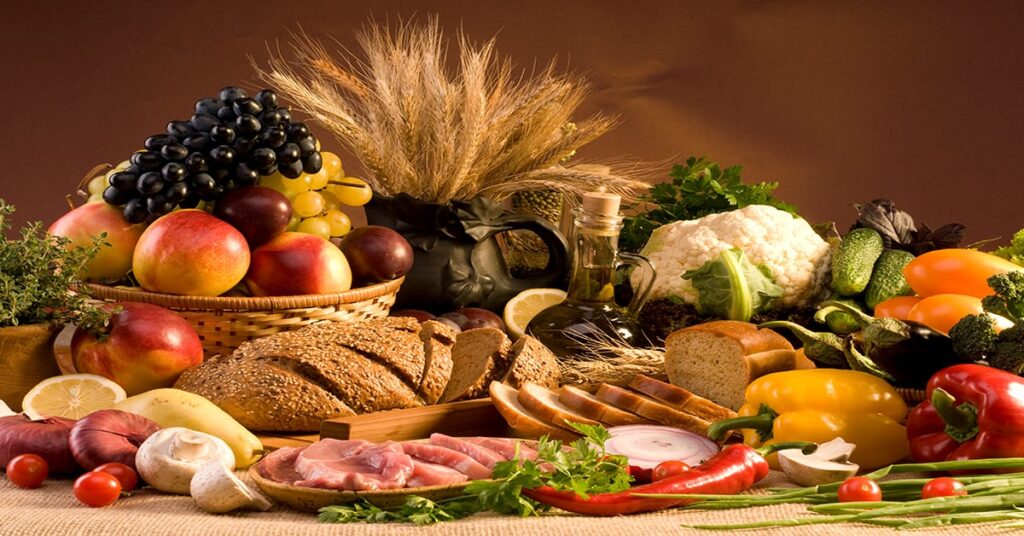What Foods and Beverages Can Cause a False Positive for Alcohol Consumption?
There are numerous foods and beverages, that can cause a false positive for alcohol consumption. What are these?
Alcohol abuse and dependence are two of the largest public health threats that Americans currently face. The National Institute on Alcohol Abuse and Alcoholism estimates that 85.6% of people over 18 have consumed alcohol at least once during their lifetime. Of these men and women, 25.8% admit to binge drinking at least once in the past month, and 4.5% admit to drinking heavily. Alcohol use disorders are extremely prevalent throughout the US. According to the 2019 National Survey on Drug Use and Health, nearly 15 million people over 12 had a diagnosable alcohol use disorder.
How Many People Seek Professional Help When Diagnosed Alcohol Use Disorder?
Unfortunately, most men and women who struggle with alcohol dependence will never seek the professional care they need. Only about 7.2% of people who have a diagnosable alcohol use disorder will seek the help they need. There are many hurdles when it comes to seeking professional treatment for alcohol abuse and dependence. Because alcohol consumption is socially acceptable, many people believe that they don’t have a problem that requires attention.
Alcoholism As a Progressive Disease?
It is important to understand that alcoholism is a progressive disease. If you don’t seek treatment for problem drinking, then there is a good chance you will suffer immense and irreparable consequences at the hands of your patterns of alcohol use. 
What Kind of Food Can Cause False Positives For Alcohol Consumption?
If you have already experienced the consequences of excessive alcohol consumption, you might be faced with regular drug tests. If this is the case, you might be wondering which foods and other products you should stay away from to avoid a false positive. Unfortunately, it is not uncommon for men and women who struggle with alcohol abuse and dependence to get a DUI at one point or another. In many states, a common protocol after getting a DUI is having a breathalyzer installed in the vehicle or being breathalyzed regularly by a parole officer or another authoritative figure. Below is a list of food and drinks that can cause false positives for alcohol:
- Any fruit that is overly ripe or fermented.
- Glazed cinnamon rolls.
- Bread is made with yeast, especially sourdough bread or white bread.
- Sugarless chewing gum.
- Certain protein bars.
- Certain hot sauces, especially hot sauces that are made with vinegar.
- Any foods that are cooked with alcohol that has not been completely rendered out or cooked down. Many recipes call for alcohol, and in many cases, this alcohol is cooked out completely, so it is safe for people who struggle with alcoholism to eat. In some cases, however, the alcohol will not be completely rendered out. If this is the case, these foods should be avoided entirely.
What Kind of Beverages Can Cause False Positives For Alcohol Consumption?
Drinks and other household items that you should entirely avoid to avoid a false positive include:
- Any non-alcoholic wine or beer.
- Kombucha and any sodas that are made from fermented products like fermented juice.
- Some energy drinks have a high level of artificial sugar in them.
- Mouthwashes and toothpaste that contain alcohol.
- Scented products like cosmetics that could be used on the lips or close to the mouth.
- Cologne and aftershave or perfume.
- Some over-the-counter medicines, like cough syrup or non-narcotic sleep aids.
- Certain vitamins.
Overcome Your Alcohol Abuse At Evoke Waltham
Evoke Waltham is always dedicated to providing our clients with access to effective recovery resources at the very moment they are needed. We offer various services, including in-person addiction treatment, virtual addiction treatment, and treatment services that can be accessed over the phone. We understand that committing to a long-term program of clinical care is not always the most appropriate option. However, in some cases, you will need access to adequate addiction treatment services immediately. For this reason, we have developed a program of care that is both convenient and extremely client-friendly. For more information on On-Call Treatment.


